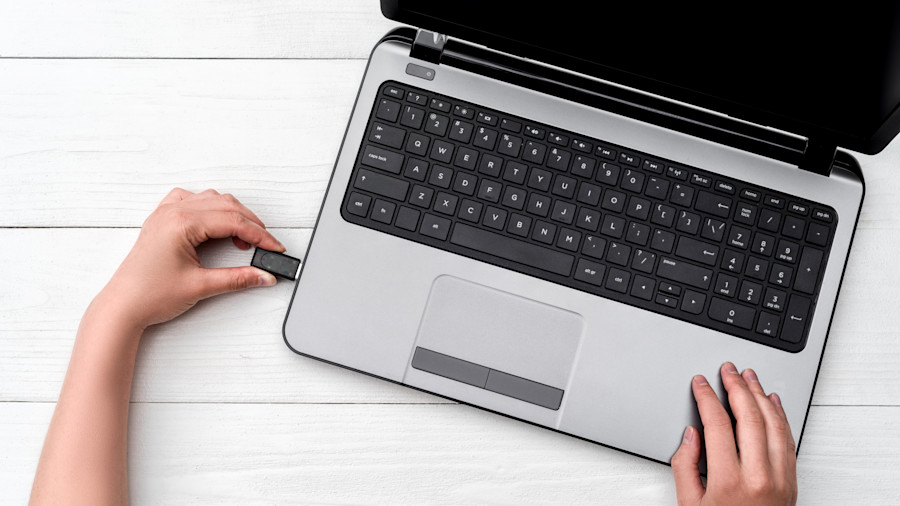
Estate Planning
What Happens To Our Digital Data After We Die
This article is provided by GoodTrust - your trusted digital legacy advisor. Learn more about GoodTrust here.
Experts predict that the dead will outnumber the living on Facebook within the next 50 years according to new research from Oxford.
While more of our lives are being spent online, one question becomes more relevant than ever - what happens to our data after we pass away? If you were to be hit by a meteor tomorrow, what would happen to your Gmail, Apple, Netflix or Google Drive accounts?
Well, under the contract law of most countries, privacy regulations cease at the point of death. However, most big tech companies treat the deceased account holders' data under the same contractual regulation as the living account holders. This means that your family members won’t get access to your digital assets such as pictures, emails, word documents, files, or music albums as you would with tangible assets such as your car or house. Instead, your data is stored and owned by the tech companies in perpetuity with limited opportunities for your loved ones to ever access it.
Not all companies are holding this data just out of arm's reach though. Some, like Facebook, keep information on deceased users readily available in memoriam of the user. It essentially becomes a digital graveyard for family and friends to remember their loved ones.
But why is this important to you? You’re dead anyway, right? Why should you care about who has access to your data? According to digital data experts, it has to do with personal integrity and the control of our cultural heritage. “The digital heritage left by the online dead are, or will at least become, part of our shared cultural digital heritage,” said Öhman and Watson, the authors of the Oxford report. This data “may prove invaluable not only to future historians but to future generations as part of their record and self-understanding.”
In other words, the people who own our data also have the power to control our individual and collective history. To consolidate that power to a “single firm or a small number of powerful companies is every bit as problematic as handing it over to a totalitarian government,” Öhman and Watson said.
A job like this requires the help of historians, archivists, and policy advocates. The idea that tech giants and for-profit firms can be relied on to handle the individuals and the world’s collective digital data in a correct and responsible way is unrealistic. So how should you think about storing your digital data and who should be allowed to access it?
Well, the first step is to delete the digital data that you don’t need. The second step is to start organizing all your digital assets, such as pictures, videos, email databases, Google Drive accounts, passwords on a centralized place, or in physical form so you can pass it on to your relatives when the day comes. This not only helps your family organize your affairs during an already difficult situation, but it also lets you take control of your memory and how you want to be remembered.
If you’d like to read more in-depth on the steps you can take to protect your digital assets, feel free to take a look at our “Top 3 Steps on Your Digital Death To-Do List” article here. The full research article, "Are the dead taking over Facebook? A Big Data approach to the future of death online" by Öhman and Watson, can be read here.